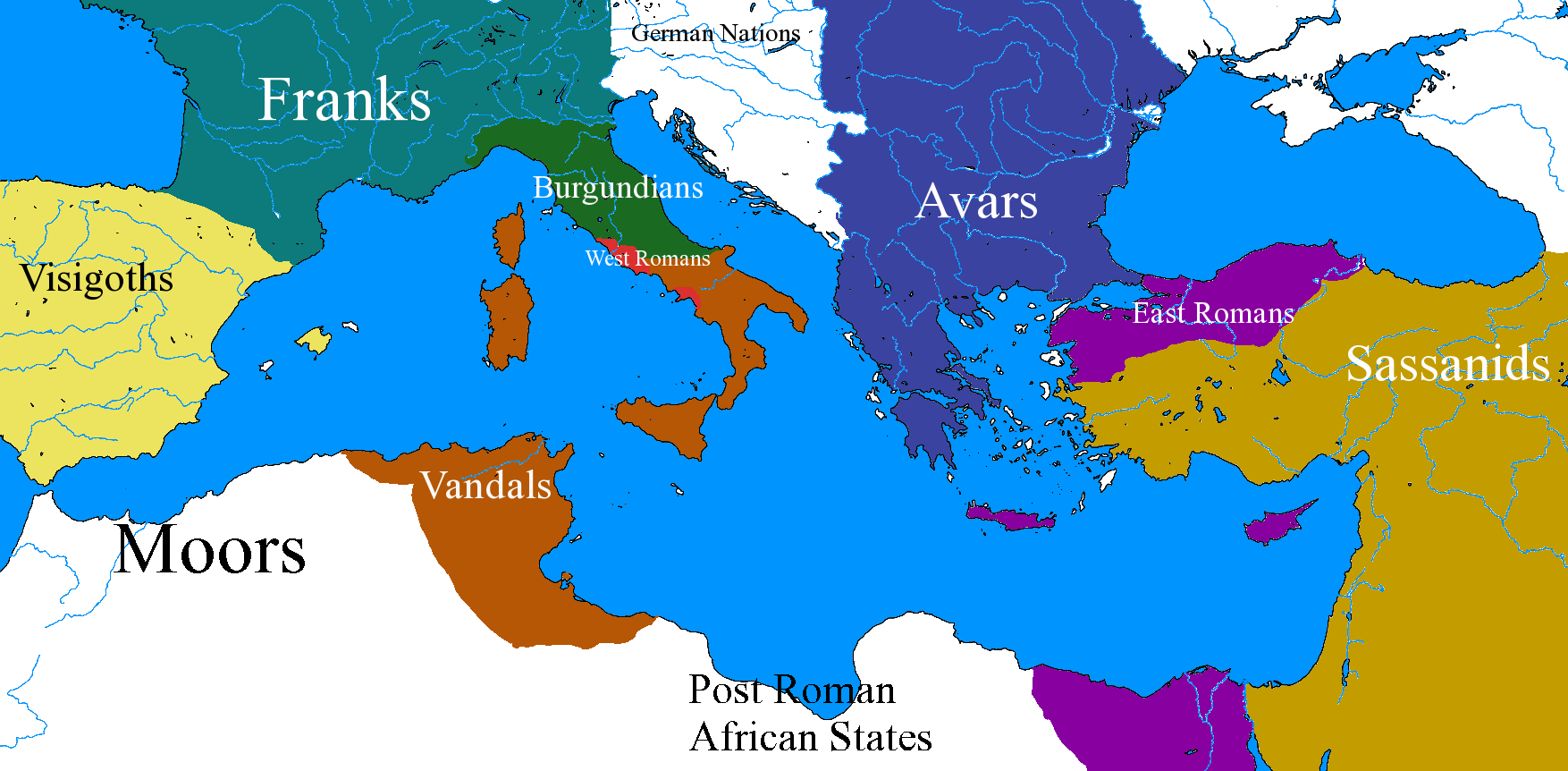

Should they begin to believe otherwise, however, the argument had little to recommend it. This rationale was fine so long as colonists felt there was a natural identity of interests between Great Britain and America. Members of Parliament, they explained, sit not as representatives of their own constituents, but as representatives of all the peoples of Great Britain and its empire therefore, it made no difference whether a representative happened to live in Great Britain or in America. The colonists had no representatives in Parliament, and when they raised the issue, British authorities claimed that actually voting for representatives was not a necessary feature of representation. Any such examination immediately gives rise to the question of representation. To understand what all this meant, we need to put these beliefs in context by relating them to the forms of power that most troubled patriot leaders-to the authority of Parliament to direct colonial affairs.

And because most people lacked the wherewithal to resist the temptations of power, it had to be actively resisted, just as liberty had to be actively defended.

Humankind, they believed, was inherently susceptible to corruption. Ideally, political leaders should be paragons of virtue, ever ready to sacrifice their interests to the public good. Not surprisingly, patriot leaders had an equally suspicious view of human nature. Where liberty tended to be frail and passive, power was brutal and active. As they saw it, power was by nature expansive and, if left unchecked, would in time overwhelm the forces of freedom. At the same time, however, patriot leaders had no illusions about political power and what the possession of it did to people. They further believed that individuals should be willing to subordinate private interests to the greater good of the entire society. On one hand, they believed government should be based on the consent of the governed. The political ideology of patriot leaders on the eve of the American Revolution combined high idealism with hard-eyed realism.

Read the passage below then answer the question that follows. Apply inquiry and literacy skills in the social sciences.ġ.


 0 kommentar(er)
0 kommentar(er)
